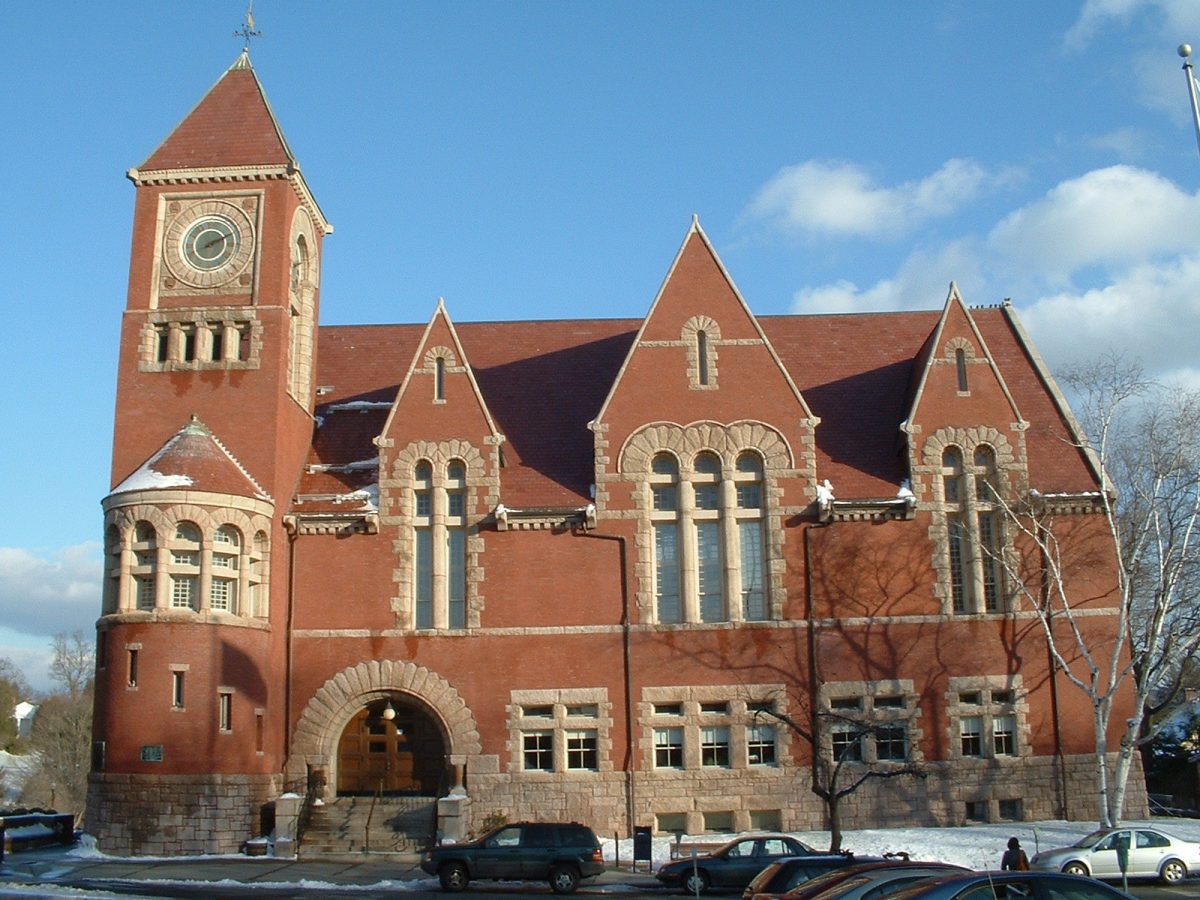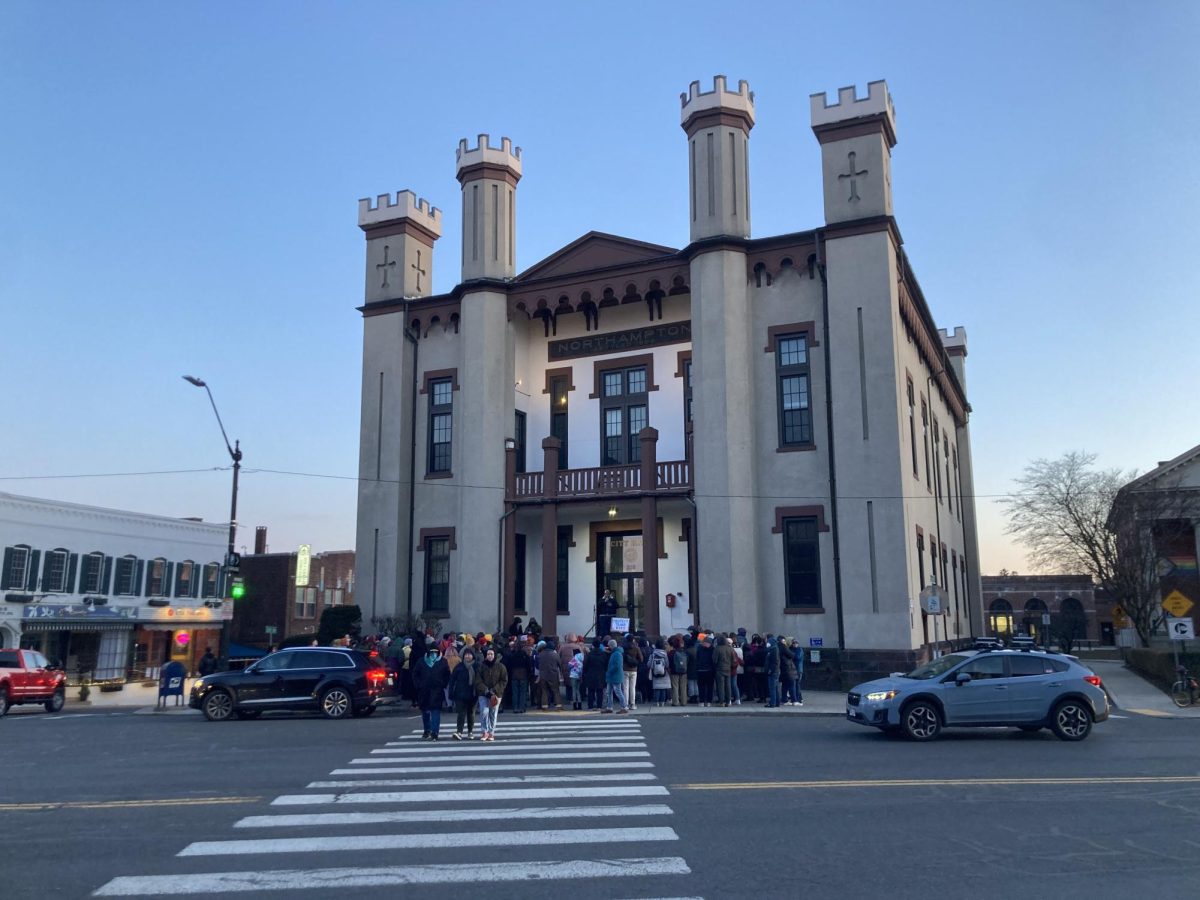
The University of Massachusetts Transit Services will increase its starting pay rate from $10.25 per hour to $13.25 per hour as of Jan. 3, 2016, in order to reflect increasing minimum wage.
The pay increase serves as an incentive to encourage students to apply for jobs within the department and to reward current employees for their hard work and substantial responsibility, according to general manager of UMass Transit Services Glenn Barrington.
“The increase in driver pay is long overdue,” Barrington said in an email. “Over the past decade, as minimum wage has increased, driver pay has not kept up.”
Prior to 2005, employees of UMass Transit Services had the highest paying jobs on campus, according to Rauley Caine, marketing and public relations coordinator for UMass Transit Services.
In fact, in 1999, the starting pay for drivers was 43 percent higher than the minimum wage. However, because of inflation, the difference had dissipated to 14 percent by 2015, according to Barrington.
Caine added that there are now numerous jobs on campus that pay more while often requiring shorter training times – it takes one to two months to train a bus driver. Their work, he said, comes with a huge responsibility.
“If you drive a 60-foot, $1.2 million bendy bus, you should be paid an appropriate wage,” Caine said in a phone interview. Of course, the drivers are also responsible for the safety of hundreds of passengers each shift.
In comparison to other transit companies in the area, Caine explained, the current $10.25 starting wage is lagging behind.
He said the Pioneer Valley Transit Authority currently operates three garages: UMass Transit Services, Valley Area Transportation Company in Northampton and Springfield Area Transportation Company. The Northampton branch pays its staff $17.22 per hour and the Springfield branch pays its staff $18.45 per hour, although neither company utilizes student drivers.
“They’re all doing the same job that (UMass Transit Services drivers) are,” Caine said. “In reality, it’s a professional position and since you’re a driver with a (Commercial Driver’s License), your position automatically garners a certain wage in this country… we don’t think that our drivers should be making less of a wage because they’re students.”
The January increase will mark a 33 percent buffer over Massachusetts’ minimum wage, which will be raised from $9 to $10. According to Barrington, UMass Transit Services will continue to increase the wages going forward to maintain the 33 percent difference, including in 2017, when minimum wage is slated to raise to $11 per hour.
In addition, UMass Transit Services employees receive a 25 cent raise each semester they work with the department. Top wages for positions in 2016 will be $15.
According to Caine, the University will not be responsible for the pay increase. Instead, it will be funded by PVTA, which owns all of UMass Transit Services’ vehicles.
“We tell the PVTA how much we spend on labor and they fund it,” Caine said.
Caine and Barrington hope that the increase in wages will help to encourage more students to apply to work for UMass Transit Services, seeing as how they would like to have 20 to 30 more drivers.
Although UMass Transit Services is not experiencing a shortage of drivers, it expanded its service to offer longer full service hours following a decision by the University to extend class times to 6:30 p.m.
Originally, the “peak operating hours” when buses operate a route every 15 minutes, were from 7 a.m. to 5 p.m., Caine said. To accommodate later class periods, peak operating hours were extended to 8:30 p.m.
“We have a great increase in service, which naturally results in a need for drivers,” Caine said.
Despite this change, Caine pointed out that UMass Transit Services has “not logged a single service loss this semester” and has “not had to miss busses or curb routes due to the lack of a driver.” Instead, he said, current drivers have stepped up to take more shifts, often working anywhere from 25 to 35 hours each week.
The future increase in pay has also served as an incentive for current UMass Transit Services employees to continue their work, and Caine noted that he has noticed “a massive boost in morale.”
“This pay increase is just a recognition of all their hard work,” he said. “People put in long hours, sometimes for middle-of-the-night shifts and they deserve a livable wage.”
Shelby Ashline can be reached at [email protected] and followed on Twitter @shelby_ashline.


















